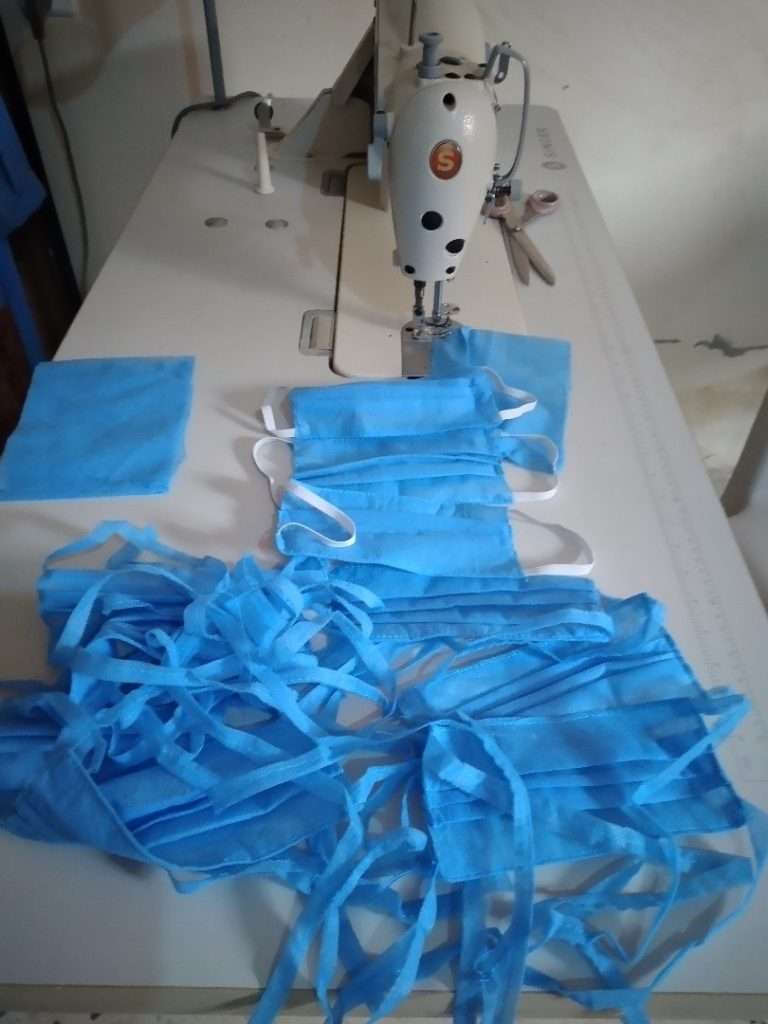There was a significant increase in the number of COVID-19 cases in the eastern town of Ajdabiya in September 2020; this led the Ajdabiya Social Peace Partnership to interact and work even more closely with the municipal council, health authorities and security forces in support of an effective response.
The municipal council had put in place a strategy to mitigate the impact of COVID 19 which involved two teams; the first enforced a 14-day quarantine (for repatriated Libyan citizens) in line with international guidance and the second team operated two fully equipped make-shift isolation wards for COVID-19 patients in a local public school. Ajdabiya Social Peace Partnership members were involved in both teams but became aware of the poor communication and patchy coordination and saw an opportunity to improve this situation and worked and supported the stakeholders to do this by collaborating closely with the local representative from the National Centre for Disease Control. As a result, the two teams merged into one, leading to a significant improvement in communication and coordination and this included the smooth transfer of operations to a new quarantine wing in a hospital.
Ajdabiya Social Peace Partnership members have been involved in PCi’s Social Peace and Local Development programme, acquiring the skills to establish important relationships in the community, as well as promote a culture of collaboration amongst local actors. Ajdabiya Social Peace Partnership members also reached out to the security forces who were struggling to enforce rules and maintain order in the town due to a lack of adequate crisis management training and a national pandemic strategy; they provided them with contactless thermometers, sanitisers and masks. The head of the Ajdabiya SPP explained: “We saw this as an entry point to reach out to them. Being able to provide some concrete support to their work really helped us build trust and improve the COVID-19 coordination in the city.”
The Ajdabiya Social Peace Partnership worked in other ways, to build trust within the community and mitigate the impact of the pandemic by:
- Collaborating with Ajdabiya local radio station to host a programme on COVID-19 which was so popular it is now a regular part of programming
- Installing social distancing marking stickers in public buildings such as banks, clinics and pharmacies, as well as supplying masks to citizens. One Social Peace Partnership member said: “With support from PCi, we produced more than 3,000 medical masks, sourced a number of thermometers, and distributed them to key workers who are most exposed to contracting the virus, such as police, detention centre, and traffic patrol officers.”
- Promoting reusable masks for economic and sustainability reasons, to help families with accessing face coverings; in addition, providing the sewing pattern to individuals with sewing skills to make them
Building on the results of these initiatives, the Social Peace Partnership continues to monitor the situation in the town to identify community needs and address them in cooperation with other local actors and to minimise the impact of COVID-19.

